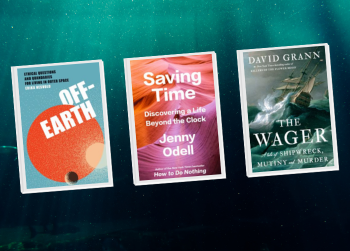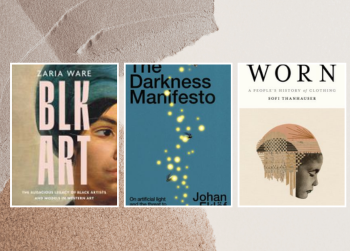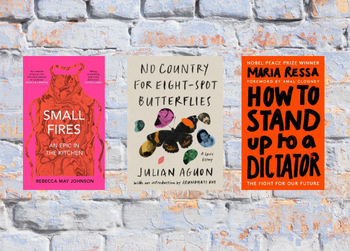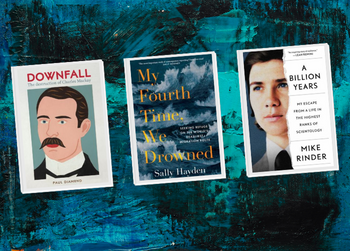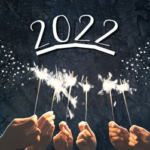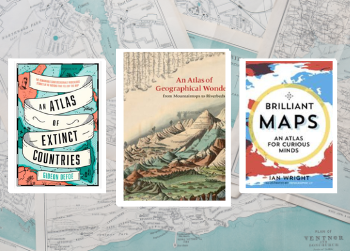The invention of the ship was also the invention of the shipwreck.
There is a fantastic bunch of new non-fiction books this month, and we’re particularly excited for The Wager, a gripping tale of treachery, survival and empire, all bound up in the story of one ship that wrecked in 1742. David Grann crafts a riveting narrative from the historical record, taking us through the conflicting reports of what went down on board the ship, as one side speaks of mutiny and the other of misrule, and the court tries to determine the truth.
Disaster at sea is no new tale, although it is certainly one that still grips us even as the Age of Sail drifts further into the past. New Zealand has had its own share of infamous wrecks, with one of the most notable being the General Grant (the recent Ockham-shortlisted novel Mrs Jewell and the Wreck of the General Grant offers a fictionalised account). This ship is rumoured to have sunk off the Auckland Islands with an exceptional amount of gold, but the treasure trove has never been found despite many valiant efforts over the years. Those islands were particularly deadly – Joan Druett’s book Island of the Lost explores the plight of two other crews that wrecked in the same cold southern waters. Mere miles from each other, the two groups underwent polar-opposite experiences, with one defying the odds to survive while the other floundered into anarchy and ruin. Perhaps this is why the interest in these disasters endures. They are excellent studies of human nature under harsh circumstances, of people at their best and their worst. (The allure of sunken treasure has something to do with it too, no doubt.)
However, it’s not all boat books this month. For the landlubbers amongst us, check out the list below for some other fantastic reads. You’ll find the surprising union of maths and literature, an exploration of death festivals around the world, a protest against the ticking clock, and more.
The Wager : a tale of shipwreck, mutiny, and murder / Grann, David
“On January 28, 1742, a ramshackle vessel of patched-together wood and cloth washed up on the coast of Brazil. Inside were thirty emaciated men, survivors of the Wager, a ship which left England on a secret mission in 1740. Six months later, another, even more decrepit craft landed on the coast of Chile. This boat contained just three castaways, and they had a very different story to tell. As accusations of treachery and murder flew, the Admiralty convened a court martial to determine who was telling the truth. The stakes were life-and-death, for whomever the court found guilty could hang. Grann unearths the deeper meaning of the events, showing that it was not only the Wager’s captain and crew who were on trial – it was the very idea of empire. The incredible twists of the narrative hold the reader spellbound.” (Adapted from Catalogue)
Once upon a prime : the wondrous connections between mathematics and literature / Hart, Sarah B.
“We often think of mathematics and literature as polar opposites, as different as they come. But what if, instead, they were inextricably, even fundamentally, linked? In her clear, insightful, laugh-out-loud funny debut, Professor Sarah Hart shows us the myriad connections between math and literature, and how understanding those connections can enhance our enjoyment of both. As the first woman to hold England’s oldest mathematical chair, Hart is the ideal tour guide, taking us on an unforgettable journey through the books we thought we knew, revealing new layers of beauty and wonder. As she promises, you’re going to need a bigger bookcase.” (Adapted from Catalogue)
 Off-Earth : ethical questions and quandaries for living in outer space / Nesvold, Erika
Off-Earth : ethical questions and quandaries for living in outer space / Nesvold, Erika
“Can we do better in space than we’ve done here on Earth? We’ve pinpointed the destination, refined the technology, designed the habitat, outfitted our space residents. Are we forgetting something? A timely reminder that it’s not just rocket science, this thought-provoking book explores the all-too-human issues raised by the prospect of settling in outer space. It’s worth remembering, Erika Nesvold suggests, that in making new worlds, we don’t necessarily leave our earthly problems behind. Space settlement is rapidly becoming ever more likely. Will it look like the utopian vision of Star Trek? Or the dark future of Star Wars? Nesvold challenges us to decide.” (Adapted from Catalogue)
Saving time : discovering a life beyond the clock / Odell, Jenny
“Our daily experience, dominated by the corporate clock that so many of us contort ourselves to fit inside, is destroying us. It wasn’t built for people, it was built for profit. Explaining how we got to the point where time became money, Odell offers us new models to live by – inspired by pre-industrial cultures, ecological, and geological time – that make a more humane, more hopeful way of living seem possible. Odell urges us to become stewards of these different rhythms of life, to imagine a life, identity, and source of meaning outside of the world of work and profit, and to understand that the trajectory of our lives – or the life of the planet – is not a foregone conclusion. In that sense, “saving” time could also mean that time saves us.” (Adapted from Catalogue)
American ramble : a walk of memory and renewal / King, Neil
“Neil King Jr’s desire to walk from Washington, D.C., to New York City began as a whim and soon became an obsession. Determined to rediscover what matters in life, Neil turned north with a small satchel on his back and one mission in mind: to pay close attention to the land he crossed and the people he met. The journey travels deep into America’s past and present, uncovering forgotten pockets and overlooked people. By turns amusing, inspiring, and sublime, American Ramble offers an exquisite account of personal and national renewal.” (Adapted from Catalogue)
Why we garden : the art, science, philosophy and joy of gardening / Masset, Claire
“Whether you seek sanctuary in your potting shed, find paradise amongst your patio plants or enjoy the simple solace of your hands in the soil, there is beauty, peace and happiness to be found for every gardener in this thoughtful and entertaining collection. Both a hymn to gardening and a call to action, this down-to-earth guide is worth a hundred ‘how-tos’. Wander the gardens of Giverny with Monet to create your own ‘beautiful masterpiece’ or, like George Orwell, reap the joy to be found in the work of an allotment. Discover the soothing symmetry in the spiral of sunflower seeds, or provide a wild abundance of floral habitat for the natural visitors to your garden.” (Adapted from Catalogue)
Closer to the edge / Houlding, Leo
“One of Great Britain’s finest climbers and adventurers, Leo Houlding started out climbing at ten years of age in the Lake District tackling the many historic peaks and crags in the area. He has since gone on to summit the world’s tallest walls and toughest peaks, and has crossed continents to take extreme sports to the most remote corners of Earth. How did a working class lad from the north of England scale such heights and avoid the pitfalls and fatal accidents that have struck down so many of his colleagues and friends? Honest, raw and exhilarating, Closer to the Edge is Leo’s ‘warts-and-all’ story of a remarkable climber and free spirit who has been at the top of his game for over thirty years, with still more mountains to explore.” (Adapted from Catalogue)
This party’s dead : grief, joy and spilled rum at the world’s death festivals / Buist, Erica
“By the time Erica Buist’s father-in-law Chris was discovered, upstairs in his bed, his book resting on his chest, he had been dead for over a week. She searched for answers and tried to reason with herself and eventually landed on an inevitable, uncomfortable truth: everybody dies. With Mexico’s Day of the Dead festivities as a starting point, Erica decided to confront death head-on by visiting seven death festivals around the world. This Party’s Dead is the account of her journey to understand how other cultures deal with mortal terror, how they celebrate rather than shy away from the topic of death, and how when openness and acceptance are passed down through the generations, death suddenly doesn’t seem so scary after all.” (Adapted from Catalogue)


